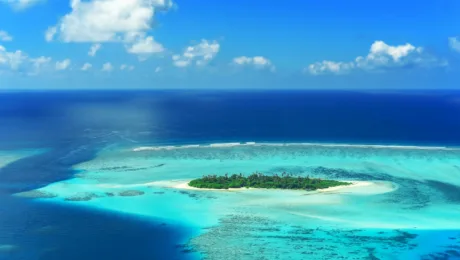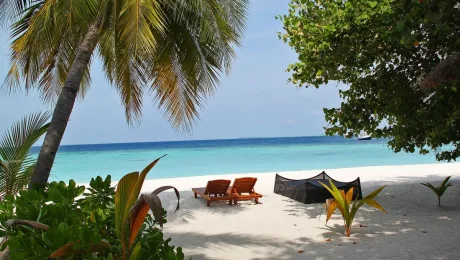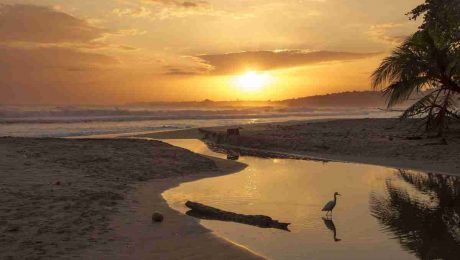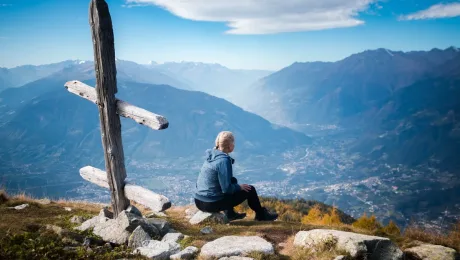Maldives Specialist Holidays
Beyond the Luxury Resort Lagoon: Discover the Real Maldives The Maldives often evokes images of pristine beaches, turquoise lagoons, and luxurious overwater bungalows. While these dreamy escapes are part of the Maldivian experience, there’s a deeper, more authentic side to this island paradise waiting to be explored. Explore off the beaten track Maldives and immerse
- Published in Travel Blog
Why visit Romania?
Thinking of Visiting Romania? Here’s Why You Should! Forget any preconceptions about Eastern Europe. If someone asks you, Why visit Romania?, the answer is simple: this country is a hidden gem waiting to be explored. Nestled in the heart of Eastern Europe, Romania offers a unique blend of ancient history, stunning natural landscapes, and rich
- Published in Travel Blog
Is a Uganda Safari and Gorilla Trek for you?
Is a Uganda Safari and Gorilla Trek for You? We often get asked this question, so we decided to write a detailed guide to help you decide if a Uganda Safari combined with a gorilla trek is the right adventure for you. Uganda is a land of breathtaking landscapes and incredible wildlife. Its national parks rank
- Published in Travel Blog
10 Reasons Why You Should Visit the Maldives for Your Next Holiday
10 Reasons Why You Should Visit the Maldives Dreaming of turquoise waters, powdery white sand, and endless sunshine? The Maldives is the ultimate escape. This is a destination where luxury meets natural beauty. Whether you’re planning a romantic getaway, a family holiday, or a solo retreat, this island paradise offers experiences that will stay with
- Published in Travel Blog
Off the Beaten track Maldives
Getting Off the Beaten Track in the Maldives The Maldives is a dreamy archipelago scattered across the Indian Ocean near India and Sri Lanka. It is also Asia’s smallest country, yet it offers some of the world’s most spectacular travel experiences. Known globally as a luxury destination, the Maldives is synonymous with overwater villas, turquoise
- Published in Travel Blog
10 Things to Know Before Travelling to Costa Rica
10 Things to Know Before Travelling to Costa Rica Planning a trip to Costa Rica? This beautiful Central American country offers incredible travel experiences, but being prepared will make your journey even better. Here are 10 things to know before travelling to Costa Rica so you can enjoy every moment. Why Do People Love Costa
- Published in Travel Blog
Are you ready for an Exploration Holiday?
What Is an Exploration Holiday? If you’re tired of crowded tourist spots and predictable package deals, it might be time to consider an exploration holiday. These trips are designed to take you off the beaten path and reveal parts of the world that few travellers ever experience. An exploration holiday is about adventure, discovery, and learning.
- Published in Travel Blog







